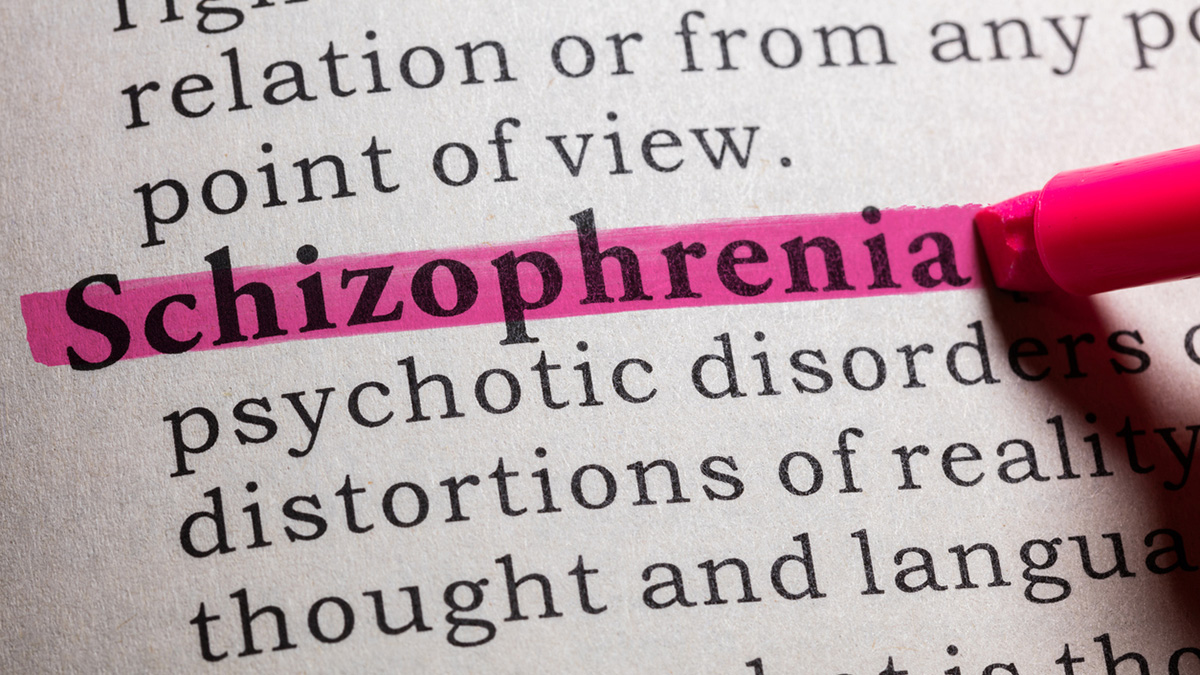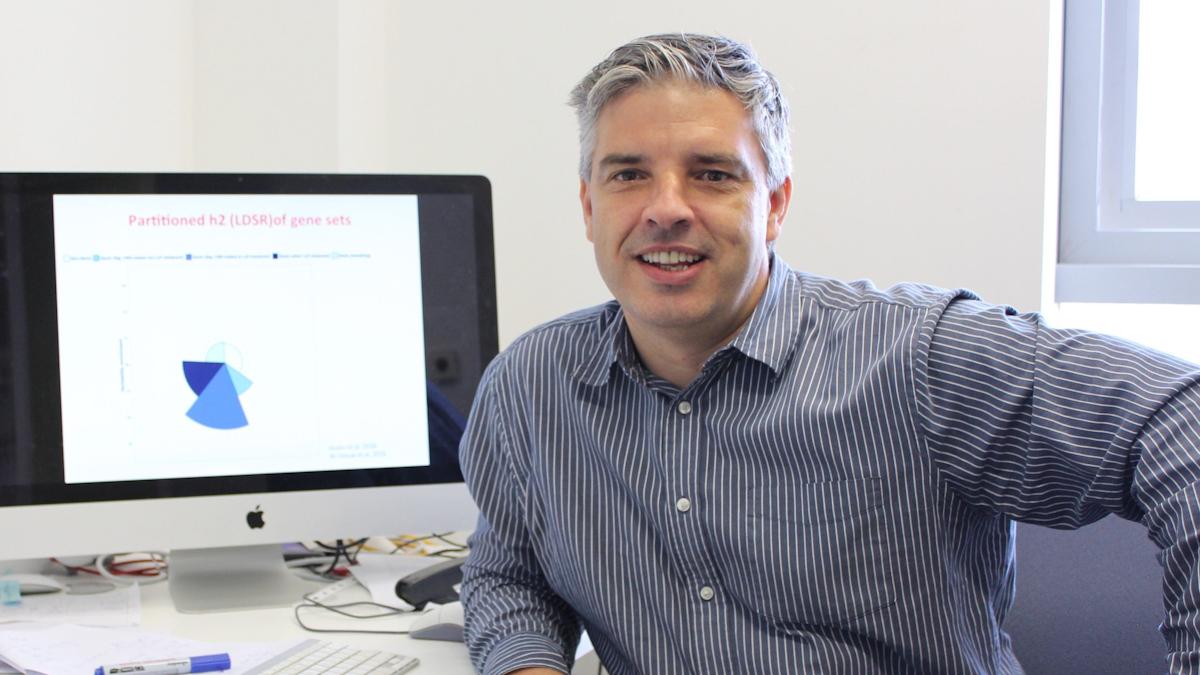Neurocrine slides as schizophrenia data disappoints

Shares in Neurocrine Bioscience took a tumble after the company reported mid-stage data for a key pipeline drug for schizophrenia that failed to impress investors.
The 19% after-market selloff came despite daily oral therapy NBI-1117568 hitting its main efficacy targets in the phase 2 trial, with a statistically significant reduction from baseline in the Positive and Negative Syndrome Scale (PANSS) total score after six weeks compared to placebo.
It appears shareholders were spooked by the size of the reduction in PANSS – a 7.5 improvement on placebo and an 18.2-point fall from baseline – compared to similarly-acting rival therapies in late-stage development from Bristol-Myers Squibb and AbbVie.
With the usual caveats about trying to compare trials with different designs and settings, that improvement compared to placebo came in lower than improvements seen with BMS' KarXT (xanomeline tartrate/trospium chloride) and AbbVie's emraclidine, which were in the 11-13-point range in mid-stage trials at around the same time point.
Analysts suggested the result may be tough to replicate in larger phase 3 trials, which tend to pose a higher efficacy challenge than phase 2. KarXT, for example, saw its efficacy PANSS benefit slip to below 10 points in phase 3.
In addition, NBI-1117568 was only effective at the lowest dose tested (20mg once-daily), and three higher doses (40mg once daily, 60mg once-daily, and 30mg twice-daily) all failed to show a significant improvement over placebo,
For around 70 years, the treatment of schizophrenia has relied almost entirely on drugs that block dopamine D2 receptors, but NBI-1117568 is one of a series of new therapies emerging from the pharma industry pipeline that work differently.
Neurocrine's drug acts as a muscarinic M4 selective agonist, while KarXT targets M1 and M4 receptors and emraclidine is described as a muscarinic M4 receptor-positive allosteric modulator (PAM).
Neurocrine insists that the efficacy data and a good tolerability profile for NBI-1117568 – including gastrointestinal side effects and weight gain similar to placebo – support further development of the 20mg dose. It plans to start a phase 3 programme later this year.
William Blair analysts said the result does raise questions about the programme but also shows that it "warrants further development, particularly when considering the significant unmet need in schizophrenia."
They were, however, concerned about higher rates of dizziness and sleepiness in patients taking the drug, as well as the lack of a dose-response that could limit options to tweak dosing to balance efficacy and side effects.
With no drugs with different mechanisms for schizophrenia for decades, there is intense interest in the new drug classes among patients and clinicians – and potentially big rewards for those that reach the market.
KarXT – acquired by BMS as the main asset in its $14 billion takeover of Karuna Therapeutics – is the furthest ahead in development as it has been submitted for FDA approval and heading for a decision on 26th September.
GlobalData has predicted that – if approved – KarXT will achieve sales of $1.1 billion by 2031 thanks to its safety profile and ability to broadly target symptoms of schizophrenia, i.e. both positive (delusions and hallucination) symptoms and negative (social withdrawal and apathy).
Emraclidine, meanwhile, was acquired by AbbVie via its purchase of Cerevel Therapeutics for $8.7 billion and is in phase 2.












